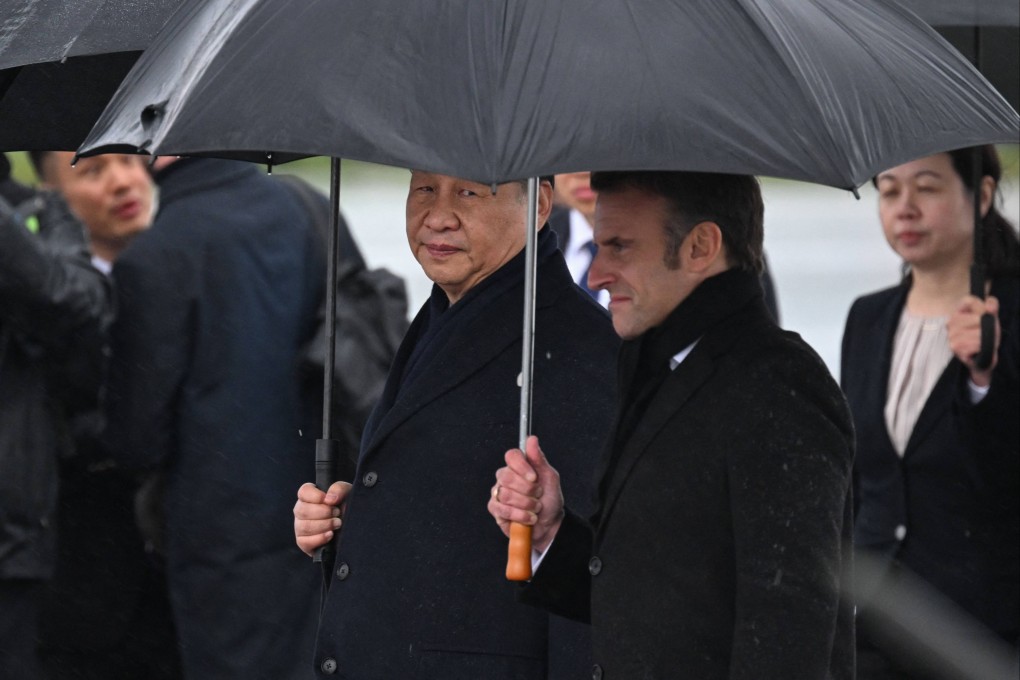Opinion | Don’t expect big changes in France’s China policy, at least not yet
- With a divided parliament and economic interests at stake, Paris is more likely to keep promoting engagement with Beijing for the time being

There is a high level of collaboration in the aeronautics sector, in particular with Airbus having a major foothold in the Chinese market. The same can be said of the nuclear energy sector, in which France has long played a role in furnishing China with technical know-how.
No matter who controls the French legislature, these interests will not go away overnight. Nor, for that matter, will Macron, who’s poised to remain president until 2027. As the pre-eminent authority in deciding the nation’s foreign policy, he can be expected to stay the course when it comes to cooperating with China.
The legislature can exert some influence over foreign affairs. But even here, there’s a couple of reasons to think this won’t have much of an effect. First, the French legislature is thoroughly divided. While the left-wing coalition, the New Popular Front, has the largest plurality of seats, its 188 legislators still puts it far from the 289 needed for a majority, and not far ahead of the centrist Ensemble’s 161 seats and third-place National Rally’s 142.


.jpg?itok=bzM7Gnn8&v=1721276120)